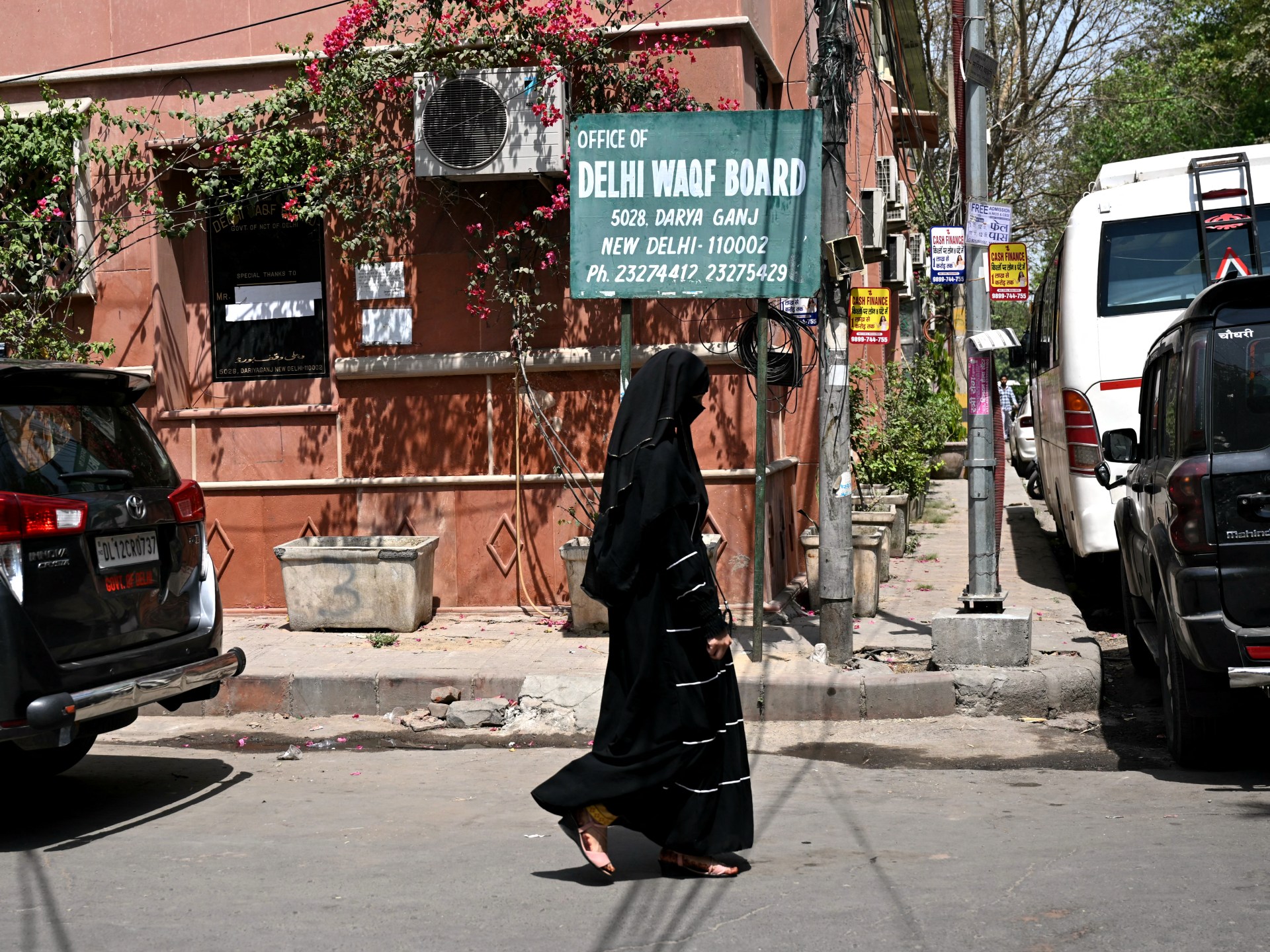Imagine your great-grandfather’s 100-year-old bungalow, which has been devoted for decades to a single, noble cause: charitable work. Its doors have always been a place of compassion and service for those who are in need. This is more than just a building; it is also your family’s legacy, one that your grandfather, your father, and eventually, your own, will inherit.
Then, everything changes over night.
a new law a deletion clause A lone government official points casually at a distant hill while raising his hand to his brow. He says, “That one.” “I don’t think you gave your land, or the property there, to you, or to the purposes you’ve given it.” He declares the land to be government property while maintaining bureaucratic order. You are now a thief. The land ceases to be under your care right away. The state takes control and enters. And just like that, your family’s bungalow, which has been kept around for generations and is now in your care, is no longer in your care.
No proper procedure exists. They state that an investigation will be conducted. eventually . No deadline or date is provided. You can’t wait until you hear back from them. Outside . For now, you must obtain state approval before entering the structure that your ancestors had built and assigned you to protect.
Sounds spooky, right? Not to Indian Muslims, for whom the Waqf Amendment Act, a piece of legislation that reverses fundamental values like ownership, due process, and religious neutrality, is a lived reality.
Waqf is, by definition, a perpetual endowment to God, meant to provide services like healthcare and education for the community. It is not “owned” by anyone. It is a mutawalli (custodian), held in trust, and protected by the state, as one might expect.
However, that assumption is disproven by the Waqf Amendment Act of 2025.
The problematic clause that prevented land being declared “waqf” by the user, who believed that land held in trust for charitable purposes should be kept safe from arbitrarily based on historical usage, is no longer in effect. We now have executive-level unilateral control in place. A single government official can now choose whether a property is government-owned or waqf with the wave of a hand. And he will be free from the need for justification and unaided by evidence to assist him in this endeavor. Just one thought. One notification One expropriation that is entirely legal. the appeals procedure? delightfully circular You file an appeal to the same accusation-making system.
Non-Muslims are now required to be on Waqf Boards, according to the amended law, which is a stunning display of secular theater. No other religious trusts face this kind of demand. Imams are not required to be appointed by temple trusts. No agnostics are required for church committees. However, Muslim waqfs must open their management to those who have no connection to their theology, tradition, or scholarship under this perplexing, amended law. When does inclusivity become diluted? One might ask. In this version, equality appears to be merely a selective intrusion.
The audit follows then. The central government now has the authority to appoint its own auditors to oversee property audits. They refer to transparency as. to check Waqf Board corruption. However, if you squint, you’ll see that without the necessary checks and balances, it appears to be oversight. After all, the kennel is rarely impartial when it reports to the watchdog.
This is not a frontal assault. Soft erasure is used.
Bulldozers are absent. No headlines here. Just shifting definitions, footnotes, and notices. And it is all entirely “legal.”
The bungalow still stands, therefore. Its walls remain intact. Its gates continue to swing. However, the state’s choice now determines the meaning behind them, since the sacred concept of waqf was once a gift to God.
We’re actually witnessing a much more sophisticated heist than a heist in the dark. a change in ownership model that is carried out by the state’s own internal machinery rather than by shadowy intermediaries. Legislation is the only thing lacking in this country. No colloquialties, just policy. A system created to protect charitable trusts is now perfectly positioned to take it, one signature, one “determination,” one hilltop glance at a time, with the quiet certainty of officialdom.
Not reform, this. Slow, quiet, and absolute is how this is asset appropriation is done. written in paper, not with guns. Because ultimately, this is a real estate issue rather than a Hindu-Muslim one.
Source: Aljazeera

Leave a Reply